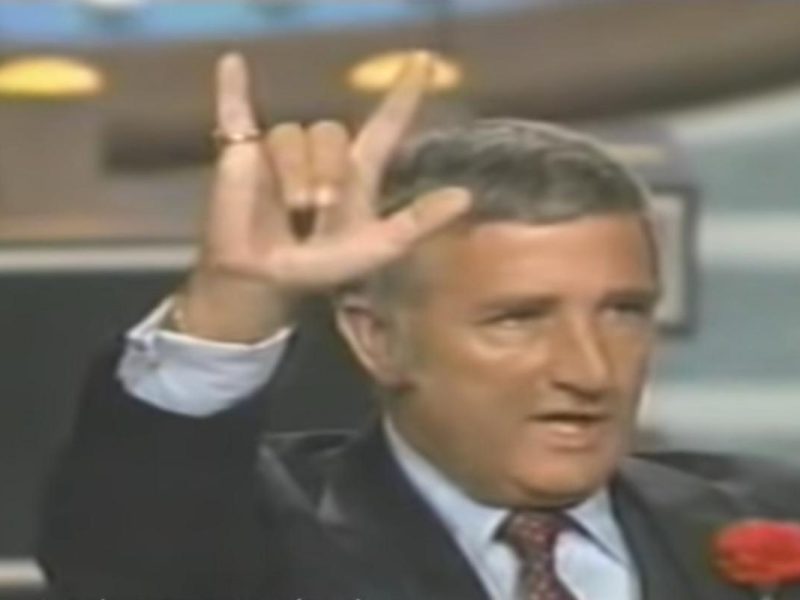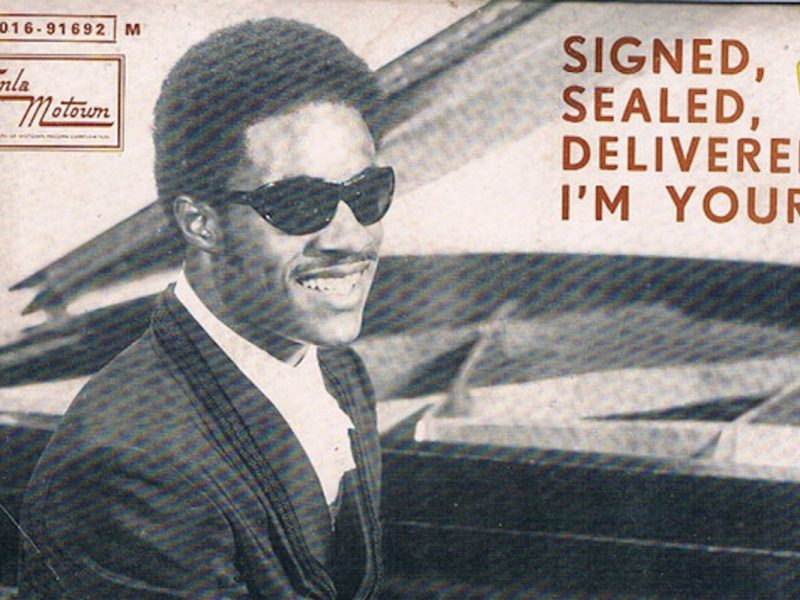By 2002, Guns N’ Roses fans had endured nearly a decade of disappointment. The relative failure of the 1993 covers album The Spaghetti Incident? increased tensions within the band, and by the middle of the decade the classic lineup imploded.
Frontman Axl Rose, who kept the band name, stopped writing songs as a result of criticism, he said, and stopped performing live in 1994. When he introduced his latest lineup in January 2001, it had been eight years since the last Guns show, and rumors of a release date for the studio album Chinese Democracy had been circulating for at least three years already (it wouldn’t arrive until 2008).
Things were finally beginning to look brighter when the band confirmed a North American tour. It was to start in Vancouver on Nov. 7, 2002 – perhaps a case of tempting fate since a cut-short show with Metallica in Montreal in 1992 resulted in a street riot. Even so, it can’t have been likely that anyone predicted a second Guns-related explosion of violence in Canada.
But that’s what happened when, by 8PM on show day, 90 minutes before the band was to play, Rose was reported to still be in the air after his flight had been delayed in Los Angeles. Management at the General Motors Place arena made the decision to cancel the performance before the doors even opened. That left thousands of fans – who’d paid $80 for their tickets, endured years of disillusionment and lived through doubt about the new lineup – at the end of their tether.
Watch News Coverage from Vancouver
Reporter and writer Kurt Loder was with the band, and saw the events firsthand. “Groups of ticked-off kids converged at the gates of GM Place, fueled, in some cases, by strong drink and marijuana,” he said on MTV. “They hoisted the long metal security barriers outside and rammed them through the glass entry doors. They threw bottles and rocks. … After about 20 minutes of all this, a phalanx of cops waded in with attack dogs, and things got really ugly.
“Wielding their riot batons with seeming abandon, the cops walloped legs, arms, heads, whatever available extremity presented itself. They ganged up to pummel people even after they’d fallen to the ground. One young man was smashed in the face and his teeth knocked out – he stumbled away in a daze, holding them in his hands, with blood pouring from his mouth.”
A police spokeswoman told a local TV news crew that their response was a “proper use of force,” while a female Guns fan said, “Oh my God, they hate every single one of us.”
Meanwhile, the other members of Guns N’ Roses were backstage, unaware of the riot outside the venue and worried that Rose was going to be “bummed” when he found out the show had been called off. “The Canadian date was supposed to mark the triumphant resurrection of a great rock band,” Loder noted. “It wasn’t supposed to go like this.”
Watch Fan-Shot Footage from Vancouver
The Vancouver Police Department was later sued by Robert Parent, a 41-year-old fan who lost six teeth in the riot, and by Detlef Schroeder, 52, who was attacked as he left the venue with his daughter. However, the court decided not to lay criminal charges against any officer.
Deputy Chief Gary Greer defended the use of force, saying, “People that stay in the area of a riot while the police are being assaulted are not considered mere spectators. Because of their continued presence they lend legitimacy and support to those involved in the riotous behavior and are perceived as reasonable threats.”
During a return to Vancouver in 2011, Rose courted more controversy by having a fan thrown out of the show after he became upset with his behavior. But he also took the opportunity to say he was sorry to the audience for the 2002 drama: “I want to apologize with you,” Rose said. “If I knew that you motherfuckers would tear the place down, I would have got here quicker.”
He’s also mended his ways. During the band’s Not in This Lifetime tour, which saw founding members Slash and Duff McKagan return to the group, Rose wasn’t late for a single performance.
Dizzy Reed’s Real-Life ‘Spinal Tap’ Moment



